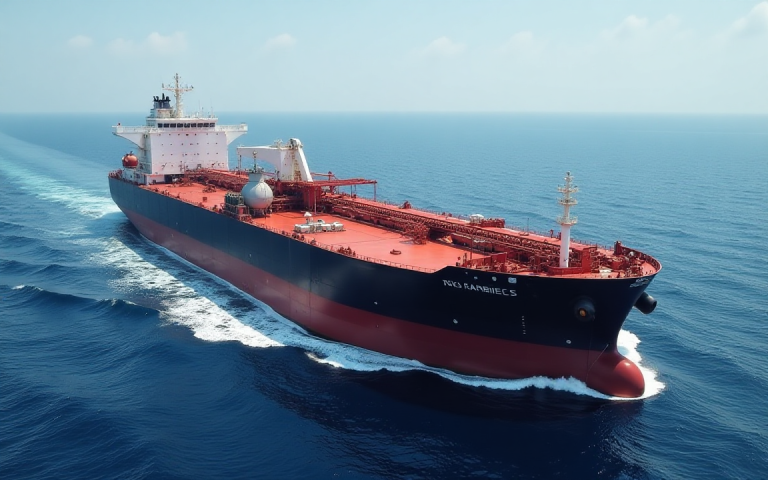Kazakhstan CPC Blend crude is seeing increased purchases by Asian refiners for August loadings compared to July.
The rise in purchases is attributed to lower European demand, which has driven down prices, according to a Reuters report.
Consequently, Asian demand for comparable light-sour crude grades, like Abu Dhabi’s Murban, is likely to be constrained, the report claimed.
CPC Blend crude, slated for loading in the latter half of August, experienced a notable widening of discounts by approximately $1 per barrel compared to the preceding month.
According to the report, the shift is primarily attributed to a softening of demand from refiners located in the Mediterranean region.
The reduced appetite from these key buyers has created a tangible opportunity for traders to capitalise on the price differential, indicating a potentially lucrative arbitrage scenario for those adept at navigating the crude oil markets.
Potential oversupply
This development suggests a potential oversupply or a decrease in refining margins in the Mediterranean, leading to less urgent procurement needs for CPC Blend.
CPC crude for North Asia delivery is priced at approximately $3.50 to just under $4 a barrel above September Dubai quotes.
This is lower than Murban’s cost, which stands at roughly $4.70 a barrel above Dubai quotes on a cost and freight (C&F) basis.
Murban crude, a key grade primarily supplied to Asian markets, is currently experiencing reduced export volumes.
This is due to a strategic decision by the Abu Dhabi National Oil Company (ADNOC) to reroute its Murban crude supplies to its domestic refinery.
This internal diversion aims to meet the refinery’s operational demands and optimize local processing capabilities.
Consequently, the availability of Murban for international buyers, particularly in Asia, has decreased.
The change in supply allocation underscores ADNOC’s focus on domestic refining capacity and its potential impact on global crude flows and pricing dynamics for Murban crude.
Multiple sources indicated to Reuters that Unipec, the trading division of Sinopec, Asia’s largest refiner, along with South Korea’s leading refiners, SK Energy and GS Energy, and India’s Reliance Industries, have each acquired a minimum of 1 million barrels of CPC Blend crude.
Competition
Atlantic Basin grades have become more competitive for Asian buyers due to the shrinking premium of Brent crude over Dubai, the Middle East benchmark.
On Thursday, the Brent-Dubai Exchange of Futures for Swaps (EFS) closed below $1.60 a barrel, reaching levels last observed in May, according to LSEG data.
Freight rates for Very Large Crude Carriers (VLCCs) traveling from the Middle East to China have risen, leading to increased costs for Gulf crudes.
This uptick in freight rates has made arbitrage supplies from Kazakhstan, the US, and Brazil more competitive, according to June Goh, a senior analyst at Sparta Commodities.
She added:
We anticipate further correction of the spot AG (Arabian Gulf) market is required to stave off competition of the arb crudes.
Traders are looking to ship US West Texas Intermediate (WTI) crude to Asia. This comes after premiums for WTI at East Houston (MEH) dropped to a more than two-week low.
Traders reported that offers for WTI crude deliveries to North Asia are approximately $5 per barrel above September Dubai quotes, a slight increase compared to Murban.
The post Asian refiners boost Kazakhstan CPC Blend purchases amid Mediterranean oversupply appeared first on Invezz

